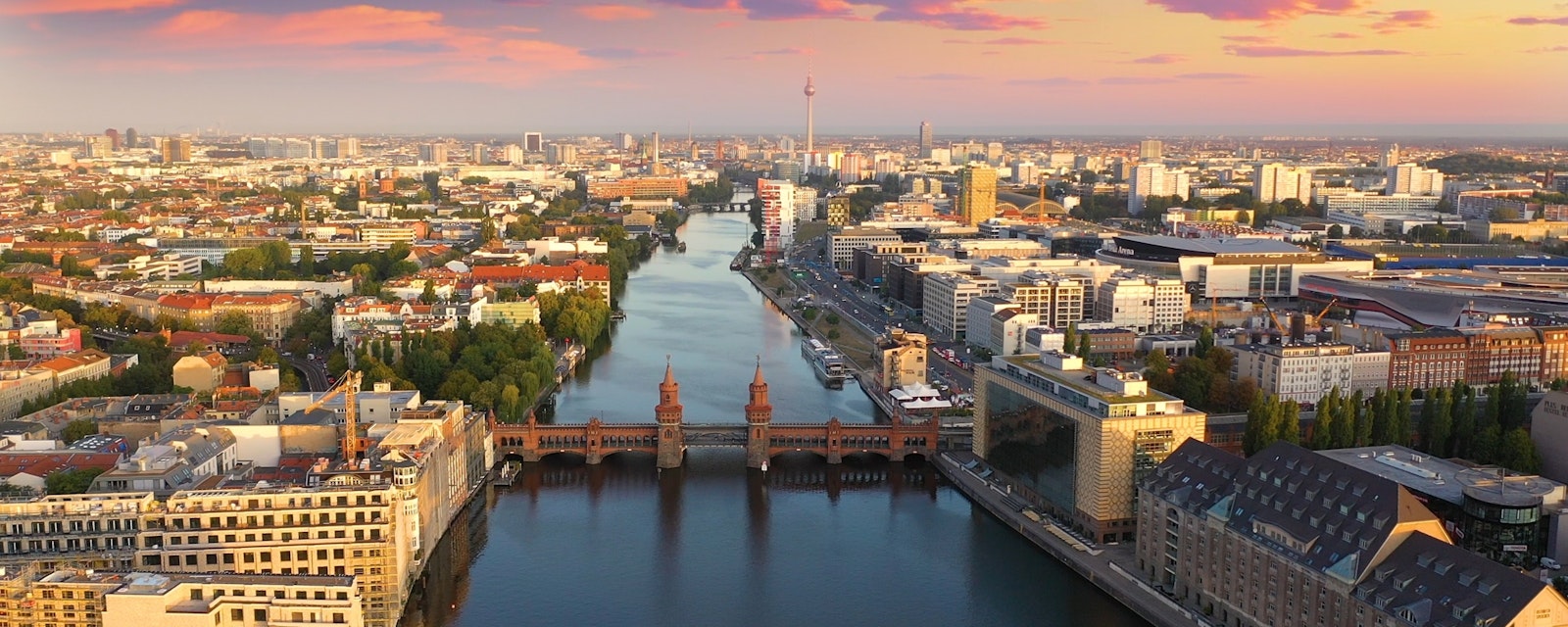After prolonged haggling, the government has, for the first time, agreed on a so-called national security strategy.
This reflects a new awareness of geopolitical risks, but meaningful changes will not be brought about via such macro documents and associated strategy debates and workshops. These appeal only to a subset of the overall electorate. Instead, Berlin’s approach to countries such as China will ultimately be determined over the medium term, involving major political and distributional trade-offs around Germany’s economic production model.
The idea of a security strategy had already been included in the coalition agreement, reflecting longer-term demand for a less commercially focused, more values-based approach to countries like China, especially among the Greens. The Russian invasion of Ukraine has only further increased the sense of urgency, not least for more mundane reasons of domestic political competition. With his famous “Zeitenwende” speech, Chancellor Olaf Scholz doubtlessly set the tone of the debate, increasing the pressure on Foreign Minister Annalena Baerbock to follow suit with her own project.
Internal competition for competences complicated the process, leading to several delays over recent months. The foreign office effectively tried to limit its losses, having already been largely side-lined by the finance ministry and the chancellery in EU affairs over the last decades. Out of fear of further competence losses, meaningful organizational changes were prevented. This counts for the idea of a national security council, as this would have been chaired by the chancellor. Additionally, the interior ministers of the all-powerful regional states were not involved in the process, despite claims of a new, more holistic approach to security policy, including domestic threats such as disinformation.
Beyond organizational issues, the strategy also faces a fundamental dilemma in terms of policy substance. Especially for an export-dependent economy like Germany, the big-picture thinking of foreign policy elites will matter less unless it also defines a new economic production model. Such changes can hardly be decreed, however, and the biggest evolutions in this regard have occurred in response to immediate crises, not strategy debates. After the outbreak of the Ukraine war, Germany weaned itself off Russian gas imports within months, became one of Kyiv’s largest weapons providers, invested EUR 100bn in its own defense and, for the second time in a decade, took in more than 1mn refugees. Strategic reasoning for these major changes was provided merely on the go, in the chancellor’s “Zeitenwende” speech.
This reality should be kept in mind ahead of the government’s next project, the China strategy, expected for early July, after cabinet consultations with the Chinese government on 20 June in Berlin. While skepticism about China – and openness for industrial policy – have been growing in Germany, differences between Berlin and Paris about the European approach to Chinese electric vehicles provide an exemplary case for the deep distributional tradeoffs at play. While France is calling for bold anti-dumping measures to protect its car industry, Germany is constrained by its comparably much broader, multi-sector exposure to trade with China.
Such fundamental issues – and the related distributional politics around jobs and corporate and tax revenues – will matter much more than high-level strategy documents. For now, Germany will continue to advocate a more careful interpretation of de-risking and oppose decoupling. The next signpost is the debate on China at the 29-30 June European Council.




